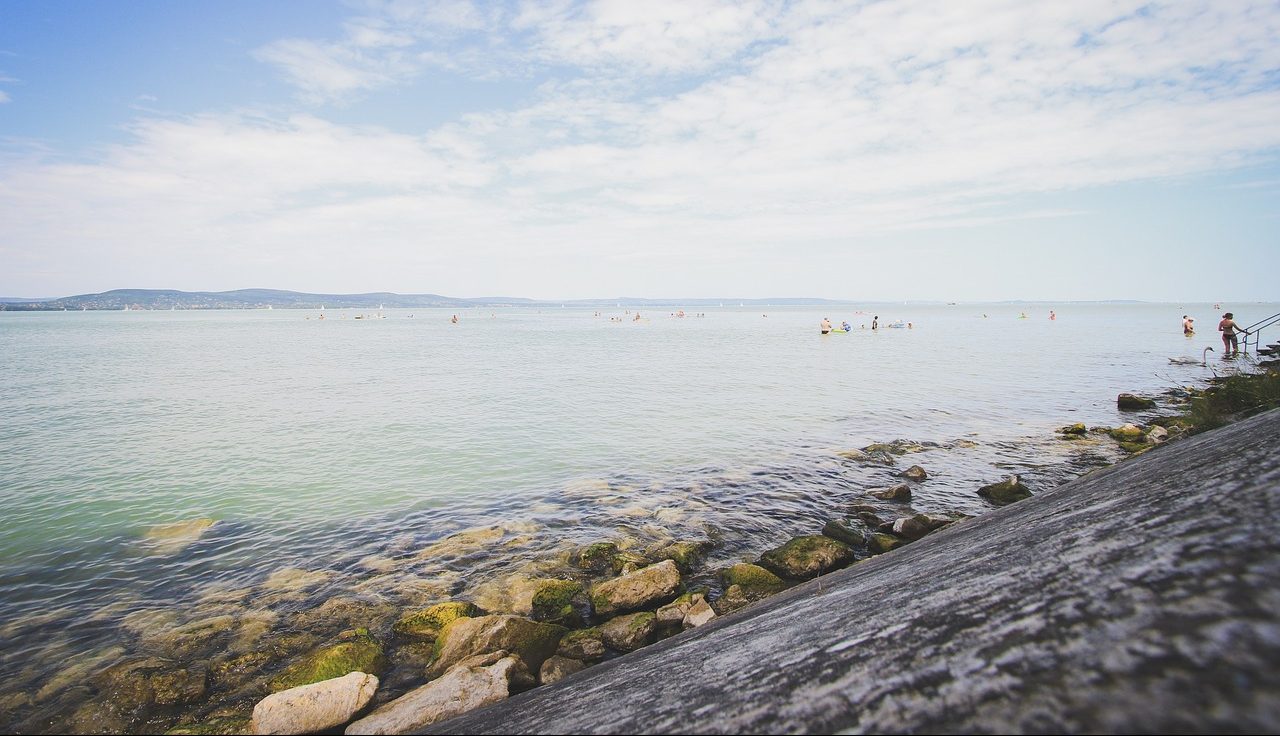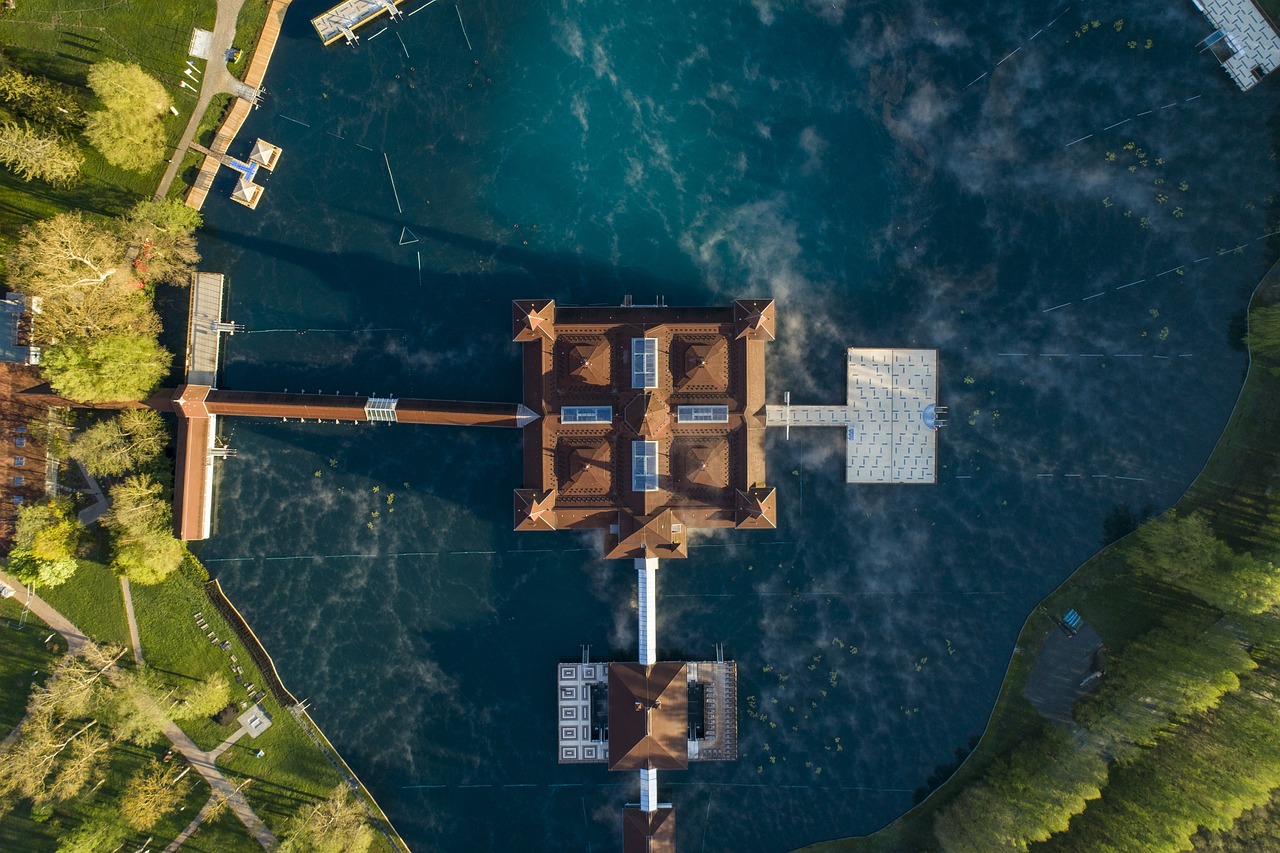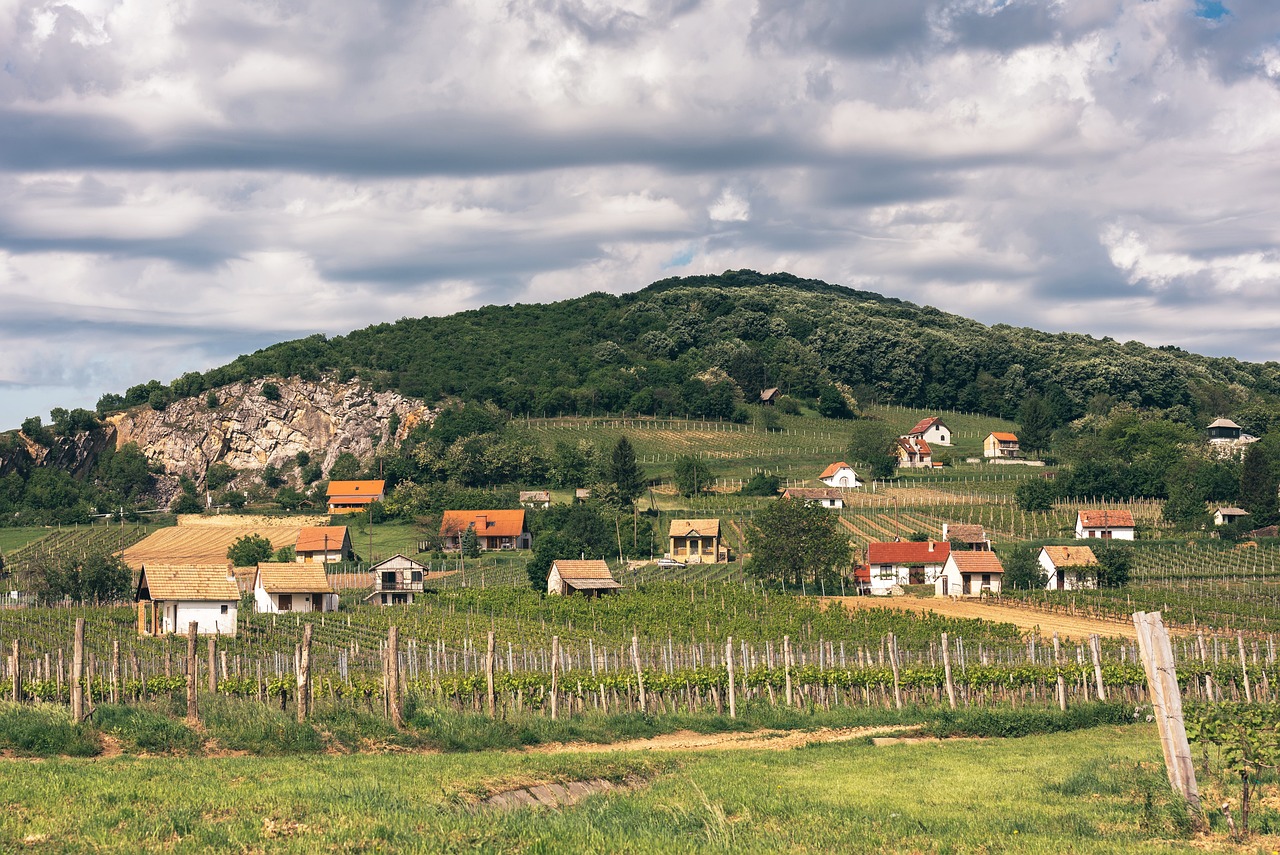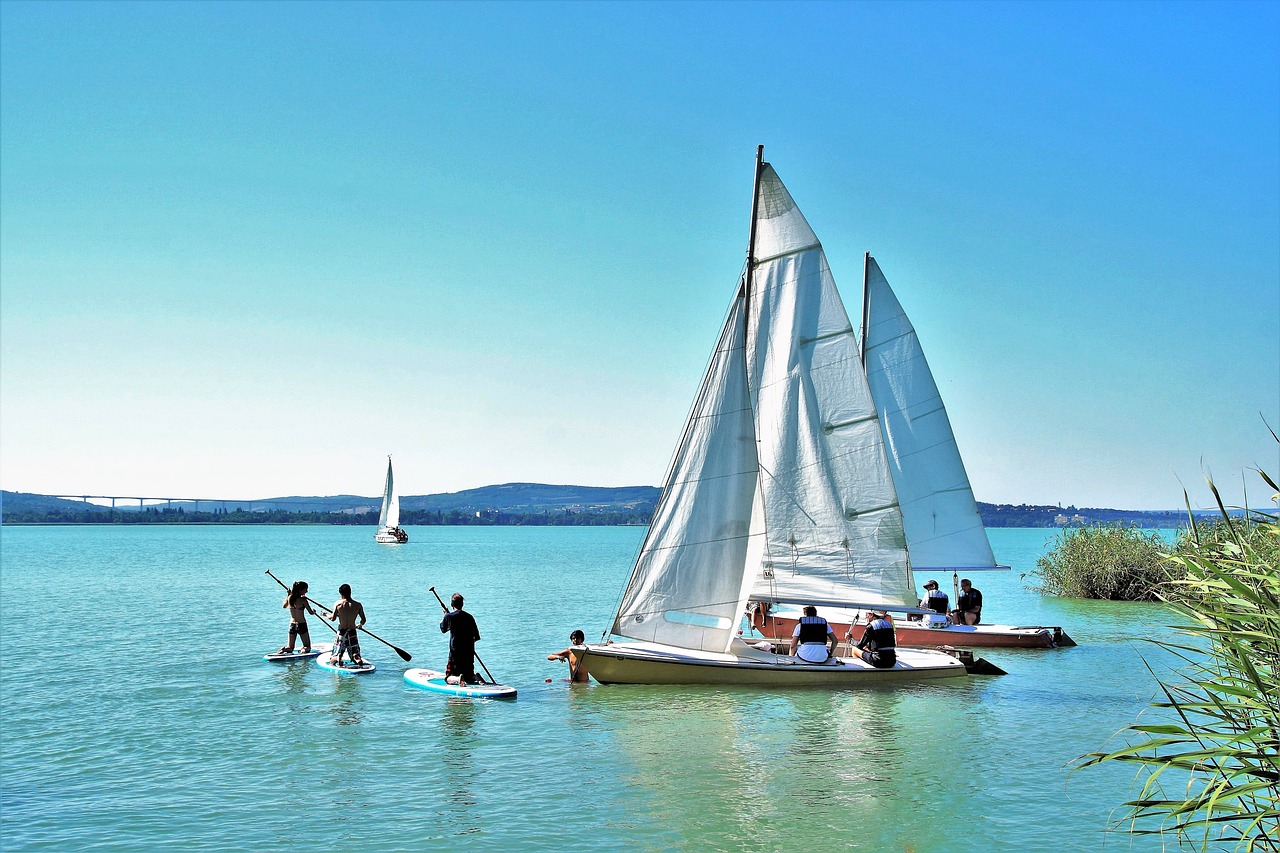
At Lake Balaton alone, vacationers can choose from more than 100 beaches, almost two thirds of which are completely free of charge.Continue reading

Assuming unchanged conditions, Péter Horváth, CEO of the Hungarian Tourism Agency, expects a year-on-year increase in guest numbers and real growth in revenues, according to a interview he gave to Világgazdaság. As he pointed out, just as domestic tourism was the driving force during the pandemic, foreign tourism is now dictating the momentum of tourism in Hungary.
Péter Horváth said that in terms of domestic and foreign tourism, they expect a 10-15 percent increase compared to last year, reaching 90-95 percent of the pre-pandemic level. The CEO of the Hungarian Tourism Agency said that in the first five months of the year, Hungarian accommodation establishments registered 12.2 million guest nights in the National Tourism Data Center, up four percent compared to last year, mainly due to the strong increase in foreign guest numbers.
He pointed out that more tourists came from each of the ten main foreign countries between January and May than in the same period last year. As an example, he said that
the number of nights spent by Italian visitors almost doubled, while the number of nights spent by Israeli and Polish visitors grew half as much.
So far this year, a quarter more tourists have come from Germany and a third more from the UK than in the year up until May of last year. These countries account for around 60 percent of all nights spent abroad.
Horváth added that foreign tourists are coming to the countryside in greater numbers than before. They are visiting not only Lake Balaton, but also the tourist areas of Gyula in eastern and southern Hungary, Győr-Pannonhalma in the western part of the country, and the Pécs-Villány wine region in the south.

Villány is also known as the town of wine, with a wide range of cultural events from spring to autumn. Photo: Pixabay
According to the Hungarian Tourism Agency’s research on tourism motivations in seven countries,
foreign tourists choose Hungary mainly for its sightseeing, culture, thermal and spa baths, and gastronomic offers.
Visitors from neighboring countries prefer rural spa towns or Lake Balaton, while visitors from more distant countries prefer Budapest.

Lake Balaton is very popular among domestic and foreign tourists as well. Photo: Pixabay
The CEO also pointed out that
major international sporting and cultural events such as the World Athletics Championships are “real tourist magnets.”
Horváth noted that while international tourism was on the rise, domestic tourism was down, albeit marginally. Between January and May this year, six million nights were spent in hotels by domestic guests, six percent less than a year earlier.
Tourism accounts for nearly 13 percent of GDP, he emphasized. The foreign exchange inflows generated by the sector’s performance significantly contribute to the country’s foreign exchange balance, helping to maintain economic stability.
Featured photo via Pixabay